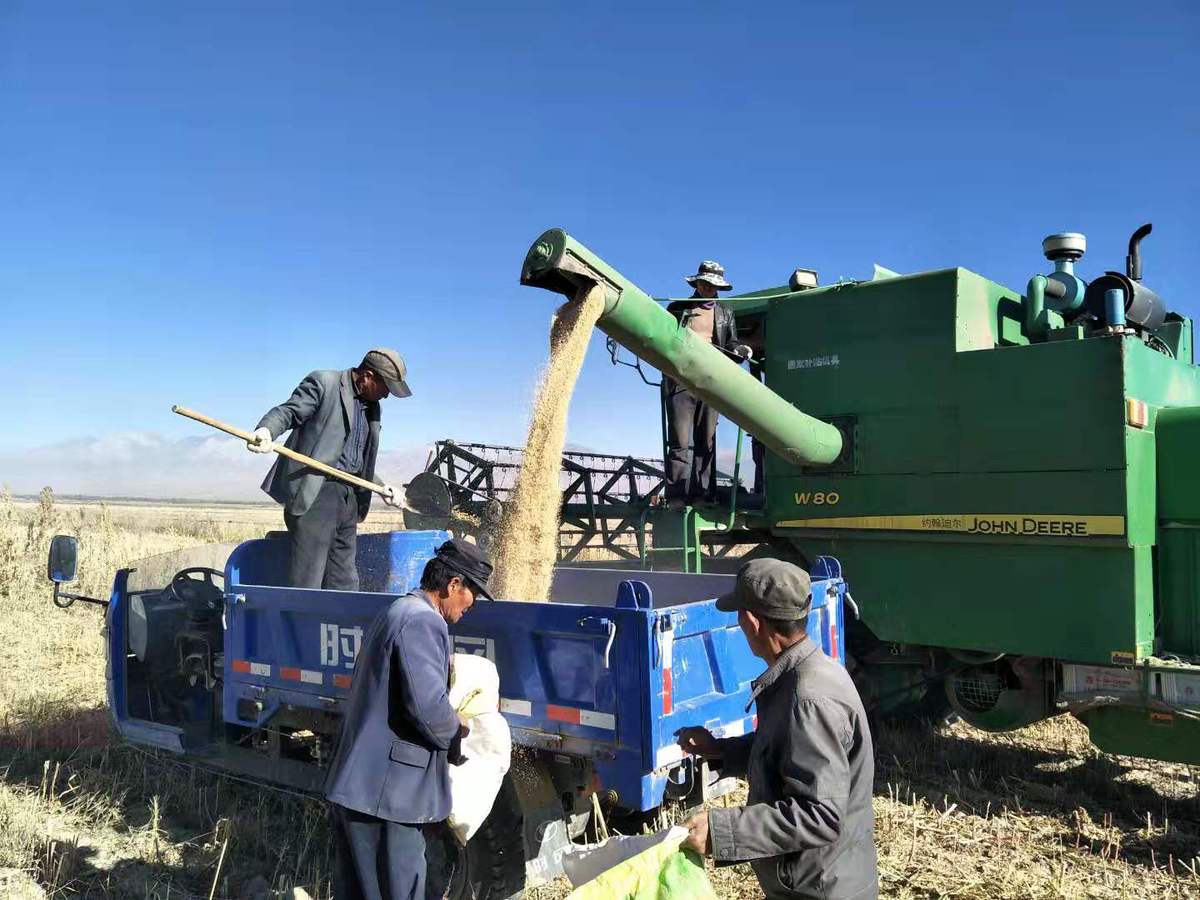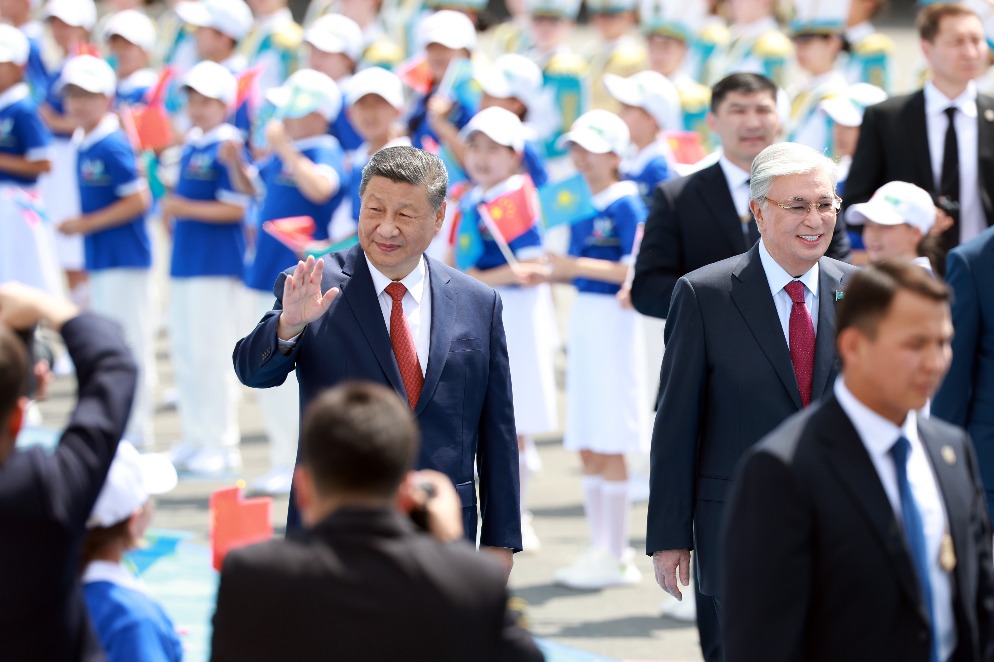'Golden Sun' offers its residents a bright future


Relief programs have helped local people start businesses and build new lives. Wang Xiaoyu reports from Delingha, Qinghai.
In winter, Delingha, a city of 100,000 residents on the edge of the Qaidam Basin in Qinghai province, is eerily quiet.
In summer, the banks of the Bayin River brim with backpackers seeking brisk, cool breezes. At this time of year, though, it is rare to see a living soul walking against the gusts of wind, and only a few vehicles swoosh by every once in a while.
As a young city, founded in 1988, Delingha, or "Golden Sun" in the Mongolian language, is home to a large number of people from ethnic groups-mainly Mongolian, Tibetan and Hui-who have moved from other parts of the province to pursue new lives.
Delingha's youth has allowed the local government to refurbish the 42 villages under its jurisdiction, providing moderate infrastructure and offering sufficient subsidies.
However, they are mostly "empty villages"-settlements where the young and those able to work have moved, leaving only elderly residents. These places have no collective economy and meager collective income, according to Wang Rui, an official with the city's agriculture, animal husbandry and poverty relief bureau.
Among the most vulnerable people are impoverished villagers who have been hit by illness or mishaps and are sometimes crushed mentally. Their lives can be overturned overnight.
The city government has introduced strong measures to lift their spirits, as well as providing assistance beyond financial support, with the aim of helping them regain a foothold.
According to the local government, in 2015-the year China initiated "precision" poverty relief missions that catalog every poor person in the country-989 people were living in abject poverty in Delingha and the city was home to 20 national-level impoverished villages.
One basic safety-net project employs poor villagers as sanitation workers or forest rangers, with average pay of about 2,400 to 2,800 yuan ($340 to $400) per month.
"It gives me a stable job and keeps me busy," said Mao Fayun, who had risen at dawn to sweep the pristine, snow-covered streets of Lianhu, a village in Delingha.
The 43-year-old used to rely on odd jobs in nearby areas that barely provided subsistence wages. When his father was diagnosed with cataracts and severe heart disease several years ago, the debts from medical fees quickly piled up, leaving Mao at a loss.
He said his other income comes from the sale of goji berries-or Chinese wolfberries-he grows in small fields he owns near his house.
In addition to the harvest, subsidies provided by the government have helped him to get through some of the most difficult times.
His father died in 2018, but Mao has stuck with the job that he regards as central to his life.
"Despite all the hardships, I feel blessed to be able to continue with the sanitation job, because it is close to my home and stable, and it makes me feel fulfilled," he said.























